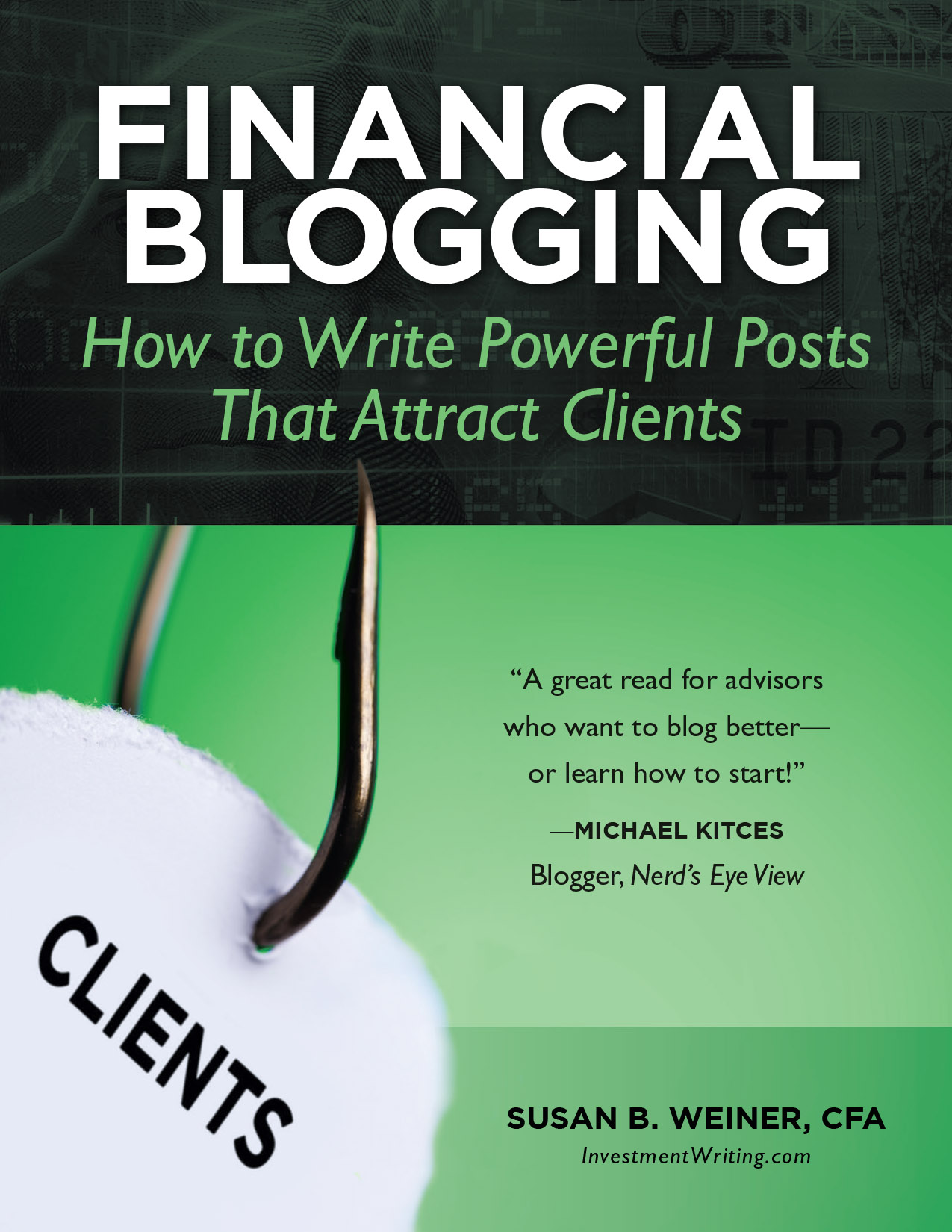I’m late on this.? My first foray into public writing on investing was when I started writing at RealMoney on October 17th, 2003.? But how did I get there?
Sadly, almost all of the works of RealMoney prior to 2008 are not accessible.? My first effort was writing Jim Cramer the day after General American Life Insurance failed on August 10, 1999.? He wrote a short piece asking why no one was paying attention to the failure of a major life insurer.? He wanted to know what happened.? I had heard about the failure, and so I searched for more data on it, and I saw Cramer’s article, only one hour old, so I sent him an e-mail as “your friendly neighborhood investment actuary.”
I explained the situation to him in about three hundred words, and lo and behold, my e-mail was featured in a post by Cramer that very day saying how amazing it was that he could get such a cogent explanation that was not available elsewhere on the web.
Not wanting to wear out my welcome with Cramer, I e-mailed him maybe eighty times over the next four years, with occasional e-mails to Herb Greenberg and Howard Simons.? I e-mailed mostly bond market and insurance information.? But in the period from 2000-2003, information on the bond market from an active institutional participant was interesting.? At least, I thought so, and Cramer usually returned my e-mails, as did Herb Greenberg.
In August 2003, after I had taken a job as an insurance equity analyst at a financial services only hedge fund, Cramer e-mailed me, asking me to write for RealMoney.? I don’t have the actual e-mail, but he said something to the effect of “You write better than most of our contributors.? Please come write for us.”
I went to my boss to ask permission, and he refused.? After some pleading on my part, he eventually relented.? That said, when Cramer wanted me to appear on “Mad Money,” he refused, and did not give in.? He did not want the name of his firm associated with Cramer.? I was disappointed, but I understood.
At RealMoney, I wrote about a wide variety of topics as I do at Aleph Blog.? My editor one day called me and after we chatted for a while she said to me, “Did you know that you are our most profitable columnist after Cramer?”? I expressed surprise, and asked how it could be.? She said that I wrote more comments in the columnist conversation than most, and my comments were substantial.? Also, readers would read and re-read my posts, which was rare at RealMoney.
My objective was to teach investors how to think.? I did not want to get into the “buy this, sell that” game.? My most unpleasant memories revolve around bad calls that I made on a few stocks.? I think it was fewer than five stocks, but when you get it badly wrong, passions are heightened.
Cramer and I often disagreed with each other at RealMoney.? I felt I had friends with Cody Willard and Howard Simons, and a few others like Aaron Task, Roger Nussbaum, Peter Eavis, etc.? If I didn’t mention you, please don’t take that as a slight, I just can’t remember everything now.? I thought highly of most of the cast at RealMoney, including the news staff, who would occasionally call me for advice on bonds, insurance, or investing theory issues.
I resisted the idea of starting a blog.? I said to my editors at RealMoney, “The Columnist Conversation is my blog.”? But in early 2007, while trolling the comment streams on Jim Cramer’s blog, and making comments defending him, a number of readers told me that I was one of the best writers on the site, so why didn’t I emerge from Cramer’s shadow?
I thought about this hard for about a month, and then I did it, after doing my research.? I created Aleph Blog, with the first post coming on 2/17/2007, and the first real post on 2/20/2007.? That first real post was prescient, and laid out a lot of what would happen in the bust.
But as I started, the Shanghai Market crashed, and Seeking Alpha pushed one of my posts to the top of their front page.? Cody Willard pushed another post of mine to his media contacts.
I was off and running without doing that much to advertise my blog.? I appreciated that because I think the best way of advertising my blog is to write good content.? I don’t generally like to quote large amounts of the writing of others, and add a few comments from me.? To me, that seems lazy.? I would far rather spend some time, and give you my thoughts.? I’m not always right, but I am always trying to give you my best.
After ten months of blogging, I stopped contributing to RealMoney because I liked the editorial freedom that bloggng offered.? I was never writing for RealMoney in order to get paid, so not getting paid at Aleph Blog was not a problem.
At Aleph Blog, I write about what resonates within me.? That usually produces the best results, though because I write about a wide variety of topics, some people don’t know what to expect of me, and aren’t interested in what I write.? I understand that, and I am not unhappy with a smaller audience.
What I did not expect when I started blogging was that I would do:
- Book Reviews
- The Education of a Corporate Bond Manager
- The Education of a Mortgage Bond Manager
- The Education of an Investment Risk Manager
- The Rules
and other series at my blog.? I did not consider that I might be a conference blogger for notable institutions like Bloomberg and the Cato Institute.
I also did not realize that I would take aggressive stances against a wide number of semi-fraudulent financial practices like penny stocks, structured notes, private REITs, and a wide variety of other bad investments.
It’s been a lot of fun, and I did it to give something back.? With great power comes great responsibility, and that is why I blog.? Nothing more, nothing less.
May the Lord Jesus Christ bless you.
Thanks for reading me.
David
















